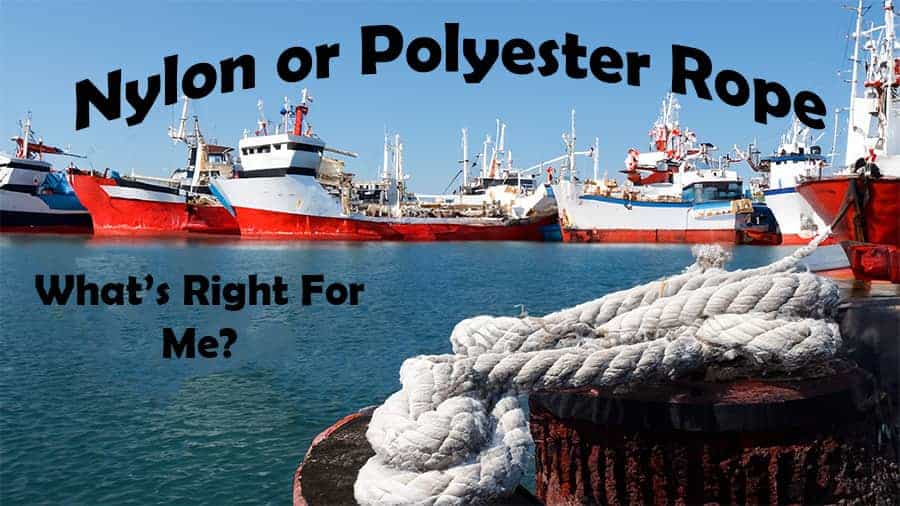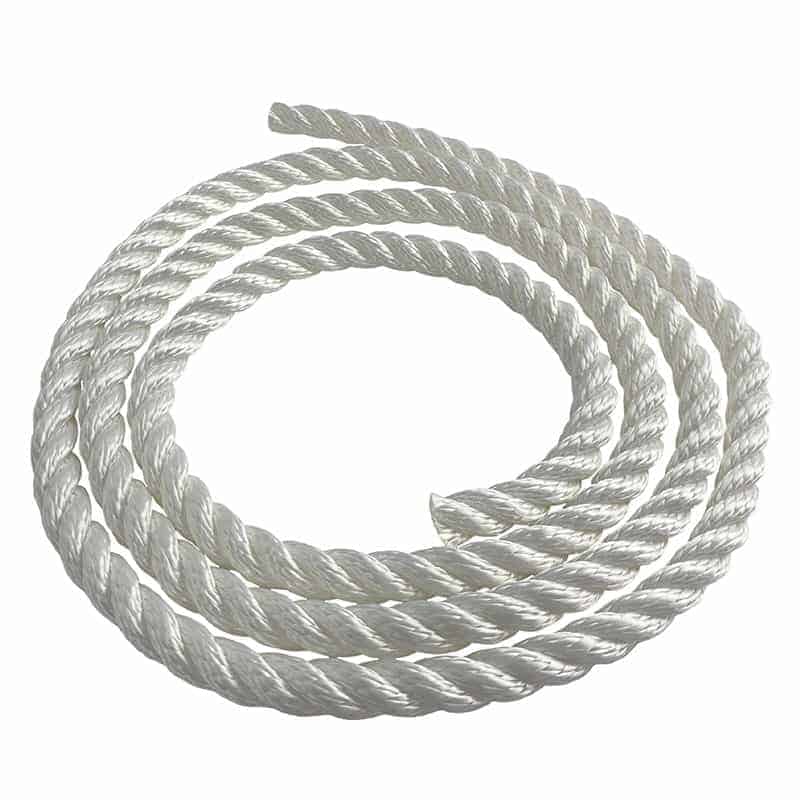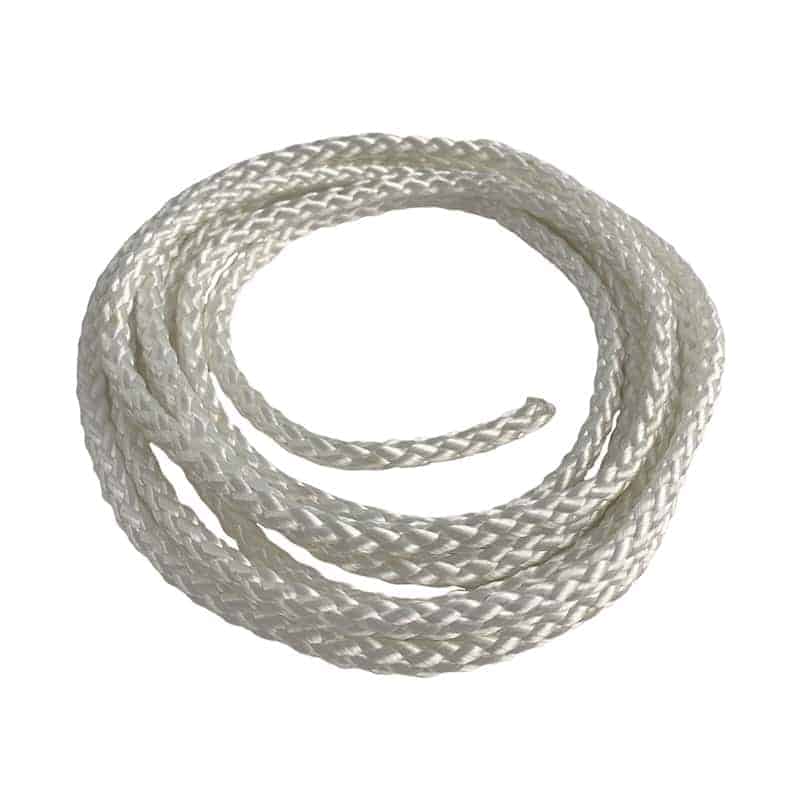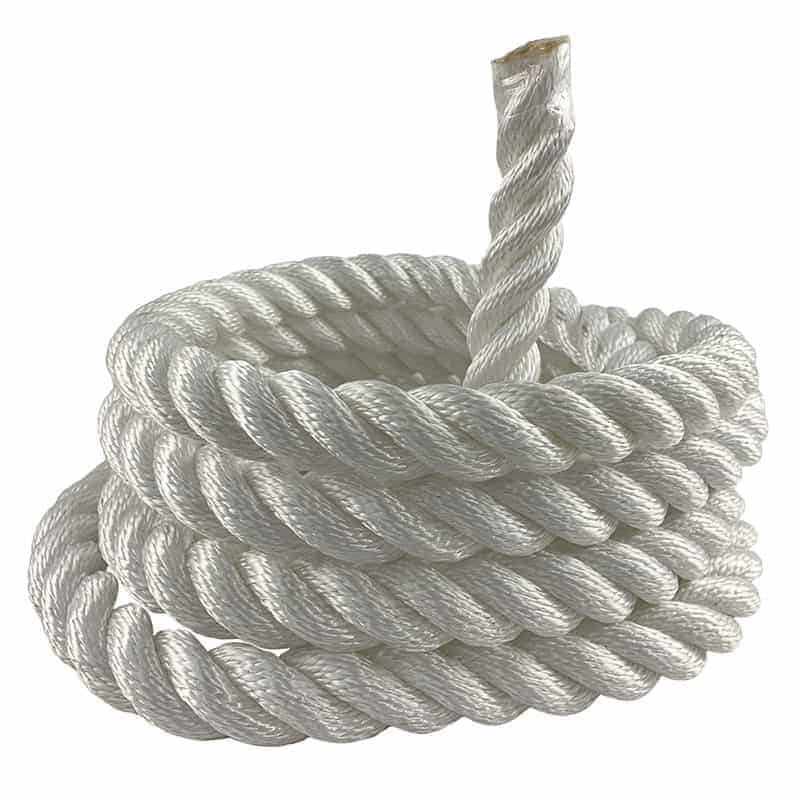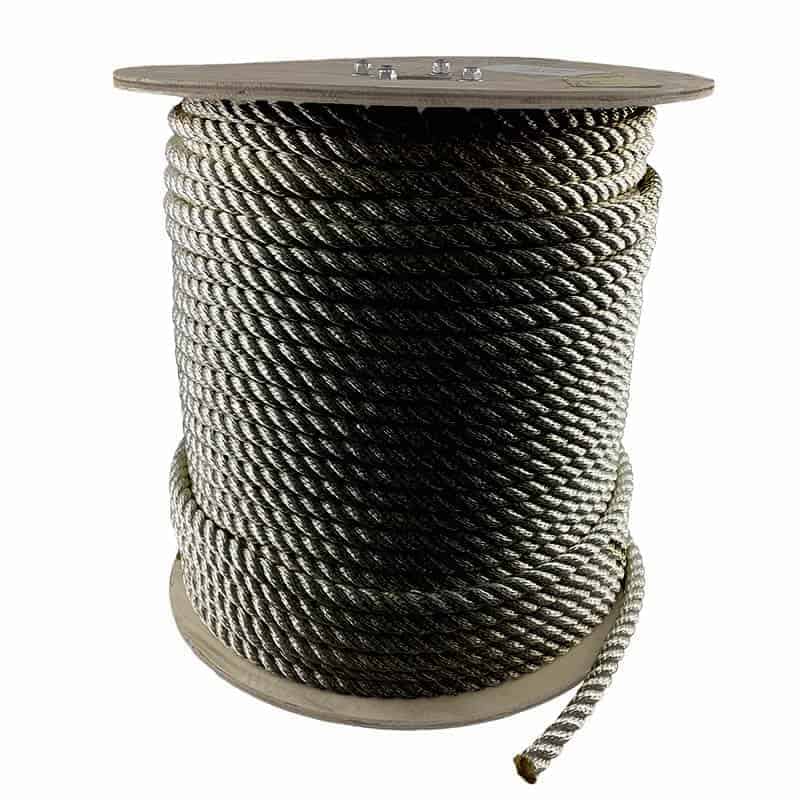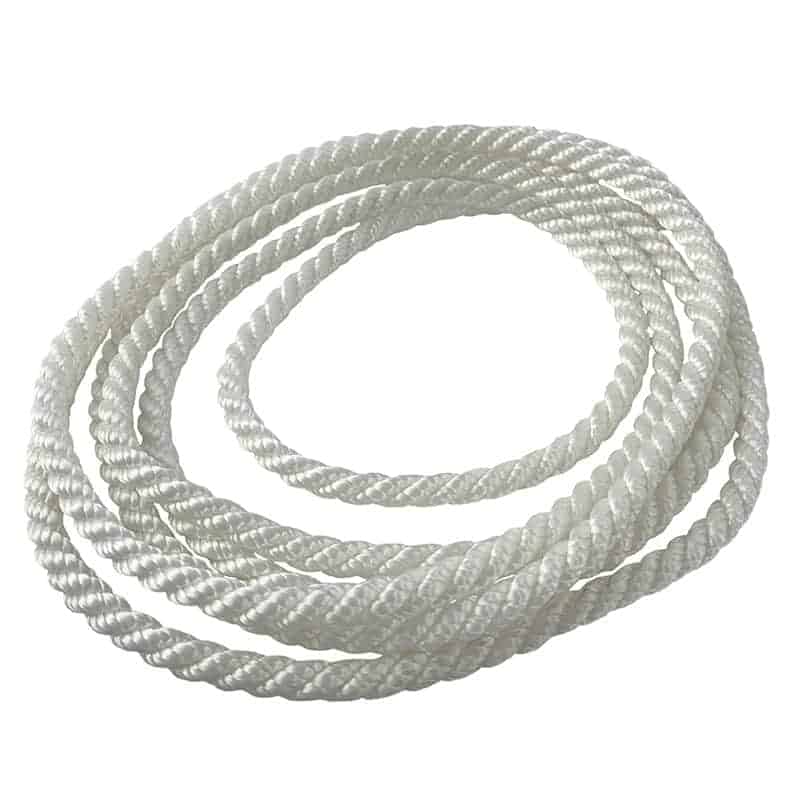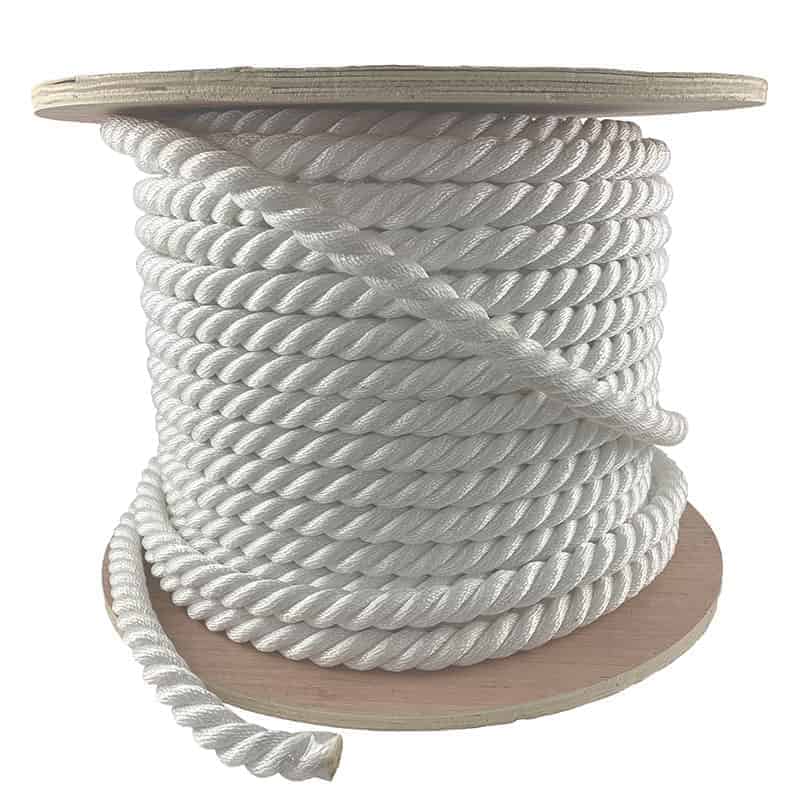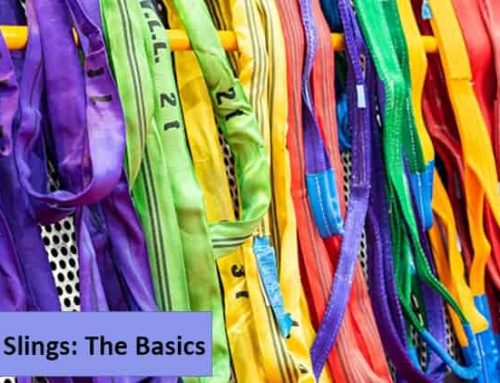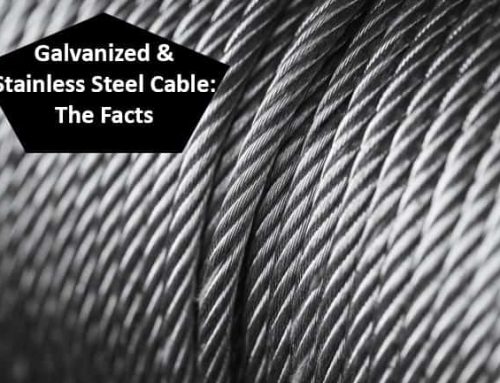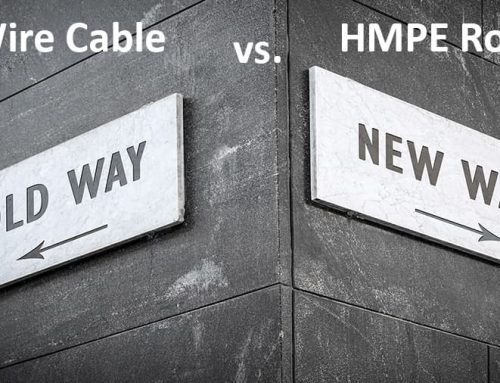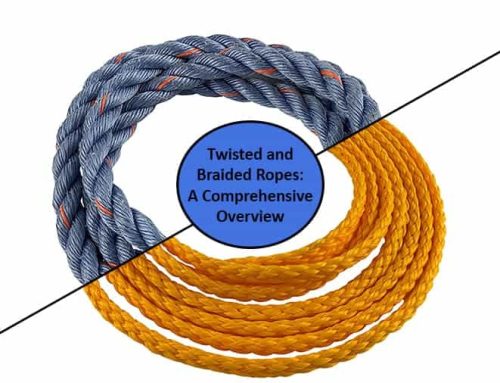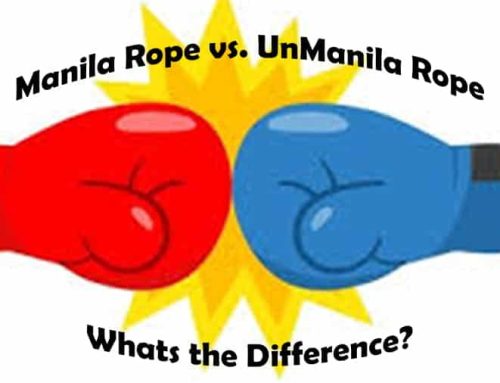When it comes to the world of ropes, two synthetic fibers stand out as the most popular choices: Nylon and Polyester. While both materials offer exceptional strength and versatility, they possess distinct properties that make them better suited for different applications. Understanding these nuances is crucial for selecting the right rope for your specific needs.
Nylon: The Shock-Absorbent Hero
Nylon, a polyamide fiber, is renowned for its remarkable elasticity and shock absorption capabilities. This property makes it an ideal choice for applications where sudden impact or strain is anticipated, such as towing, mooring, and safety lines. Nylon can stretch up to 20% without breaking, effectively dissipating energy and preventing jolts or damage.
Key Properties of Nylon Rope:
- High tensile strength: Boasts impressive strength, making it suitable for heavy-duty tasks.
- Excellent shock absorption: Elasticity allows it to absorb sudden impact, reducing the risk of breakage.
- Good abrasion resistance: Can withstand friction and wear, making it durable for various applications.
- Moderately UV-resistant: Exhibits some resistance to ultraviolet radiation, but prolonged exposure can cause fading and degradation.
- Water absorbent: Absorbs water, which can affect its strength when wet.
Polyester: The Low-Stretch Champion
Polyester, a synthetic polymer, is characterized by its low stretch and exceptional strength retention. This makes it an excellent choice for applications where minimal elongation is desired, such as flagpoles, tie-downs, and general-purpose utility ropes. Polyester’s low stretch also provides precise control and stability.
Key Properties of Polyester Rope:
- High tensile strength: Incredibly strong and durable, making it suitable for demanding applications.
- Low stretch: Stretches minimally, providing precise control and stability.
- Exceptional strength retention: Maintains its strength even when wet, making it ideal for marine applications.
- Excellent UV resistance: Highly resistant to ultraviolet degradation, ensuring long-lasting performance.
- Water-resistant: Does not absorb water, maintaining its strength and integrity in wet conditions.
Nylon vs. Polyester Rope: A Comparative Table
| Nylon Rope | Polyester Rope | |
|---|---|---|
| Tensile strength | High | High |
| Stretch | High | Low |
| Shock absorption | Excellent | Poor |
| Abrasion resistance | Good | Excellent |
| UV resistance | Moderate | Excellent |
| Water resistance | Absorbent | Water-resistant |
| Strength retention in wet conditions | Reduced | Excellent |
Application Considerations:
- Nylon rope: Ideal for shock-absorbing applications such as towing, mooring, safety lines, and dynamic climbing ropes.
- Polyester rope: Suitable for low-stretch applications such as flagpoles, tie-downs, utility ropes, static climbing ropes, and marine applications.
Additional Considerations:
- Cost: Nylon rope is generally less expensive than polyester rope.
- Maintenance: Nylon rope requires regular inspection for signs of wear and tear, while polyester rope is more low-maintenance.
- Environmental impact: Both nylon and polyester are synthetic fibers derived from petroleum, but polyester is considered slightly more environmentally friendly due to its lower energy consumption during production.
Conclusion:
Choosing between Nylon and Polyester rope depends on the specific requirements of your application. Nylon excels in shock-absorbing scenarios, while polyester shines in low-stretch applications. Understanding the unique properties of each material will empower you to make informed decisions and select the right rope for your needs.
*Still not sure what rope is best for you? Be sure to visit our Rope Selection Guide for an in-depth breakdown on the various ropes we carry.

